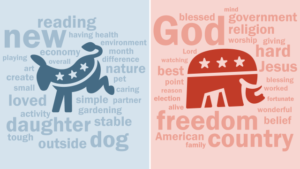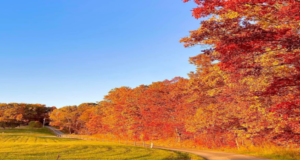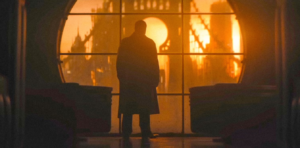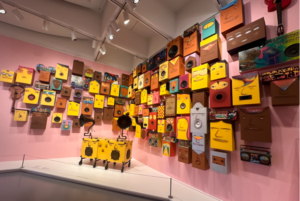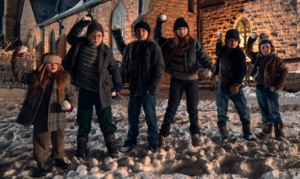Catholic U & Mizzou
By Jim Lewis
Class of 2016
Politics
On November 9th, the president of the Missouri State University resigned after two weeks of protests on the Columbia, Missouri campus. These protests, which included a hunger strike, took place following multiple instances of hate and racism towards black members of the Mizzou community. The past few years have been a tumultuous time for race relations in the United States. The events in Florida, Ferguson, Baltimore, and New York highlight the growing tension. Since Barack Obama was elected president, the growth of hate groups and local militias has exploded from 509 to over 1000. Protests and riots are at their most prominent in the news since the Cincinnati riots in 2001 and the riots that devastated Los Angeles in 1993.
What is causing this rise of racially fueled conflict? I would argue that it has much to do the ubiquity of social media and the growing awareness of millennials to oppression that never disappeared. People our age have been raised in a declared “post-racial” time. We have many senators, representatives, firefighters, police officers, teachers, and priests who are of a different race, orientation, or creed. Progress is all around us and many people would consider themselves ‘colorblind’, or not seeing the race of a person when considering their character. However, there is something still wrong right below the surface. African American’s are twice as likely to be unemployed and 26% live with food insecurity. This is drastically higher than other racial groups. The median income of African Americans is almost half that of Whites and Hispanics as well. The Civil Rights movement of the 50s and 60s seems to be ancient history to many of us, but its goals have been left unfinished.
Not many people are openly racist anymore, as that would be political, social, and economic suicide, but what I call “racism-lite”, is everywhere. To avoid the title of Racist and Bigot, many of those people who would otherwise be openly racist use what George Orwell would call in the dystopic novel 1985, ‘Double-Speak’. They talk of ‘thugs’ and ‘troublemakers’; of ‘welfare queens’ and ‘crack babies’. They use fear of drugs, violence, and vague ‘otherness’ to drive or drive-away voters to the ballot. They describe African-American culture as degenerative and something that needs to be changed from within. Our elected officials use the same double-speak tactics to get the zoning and legislation necessary to enact gentrification policies. They ignore the end of small businesses and the forced requisition of homes from lifetime homeowners through untenable property taxes, while celebrating the ‘revitalization’ of a community, as its members are forced into a poorer part of the city or into a retirement home. In reality, gentrification is destroying historically black and minority neighborhoods. And, the sad thing is that many good people believe this nonsense.
The ‘Ghettofication’, or informal urban segregation of minorities, is a direct descendent of Jim Crow and Slavery. Sunset Towns, where Black Americans are unwelcome after a certain time, still exist in our country. Today, there are websites that list the towns and municipalities that Blacks and other
minorities should avoid.
What can we, as members of The Catholic University of America, do? We are called to emulate Christ in our everyday lives. We can volunteer in protests, write to our legislators, and build bridges between our university and the Brookland community, where gentrification has greatly changed its landscape in a mere four years. Internally, Catholic University has much to do. There have been accusations of racism, sexism, and bigotry throughout the four years I have lived and learned here. Swastikas have been drawn on elevators and doors, Confederate flags hang in open windows in dorms, our university has been investigated for Title IX violations, LGBTQ students have been marginalized, our black peers have been the victims of constant abuse from fellow students, and the Tower itself has had its controversies because of race. We, as millennials, have the power of the internet and social media to spread the message of love, acceptance, and awareness to everyone. Our community, united by our love of DC, our country, and God should come together to volunteer, protest, and speak out for our neighbors, friends, and fellow students. Steps have already been taken, from the Community Pledge, the reformation of CUAllies, the new Diversity Taskforce, and sexual assault awareness. Bolstered by these successes, there still is much work to be done.

